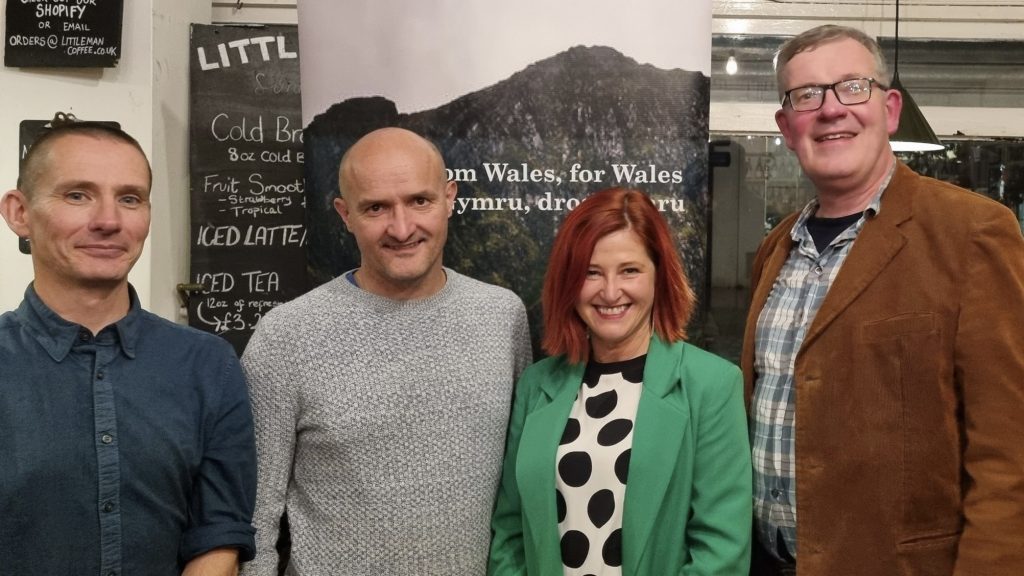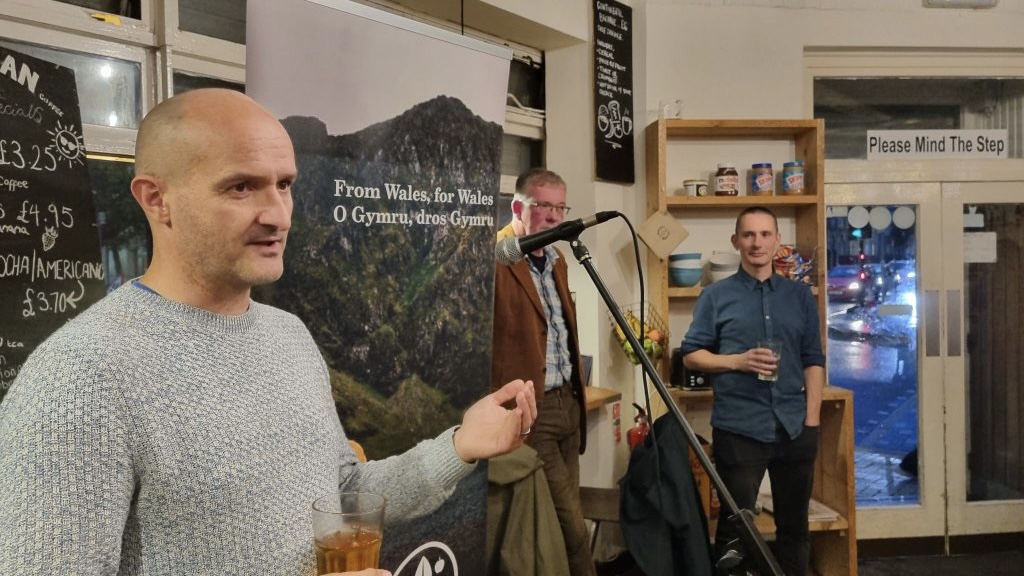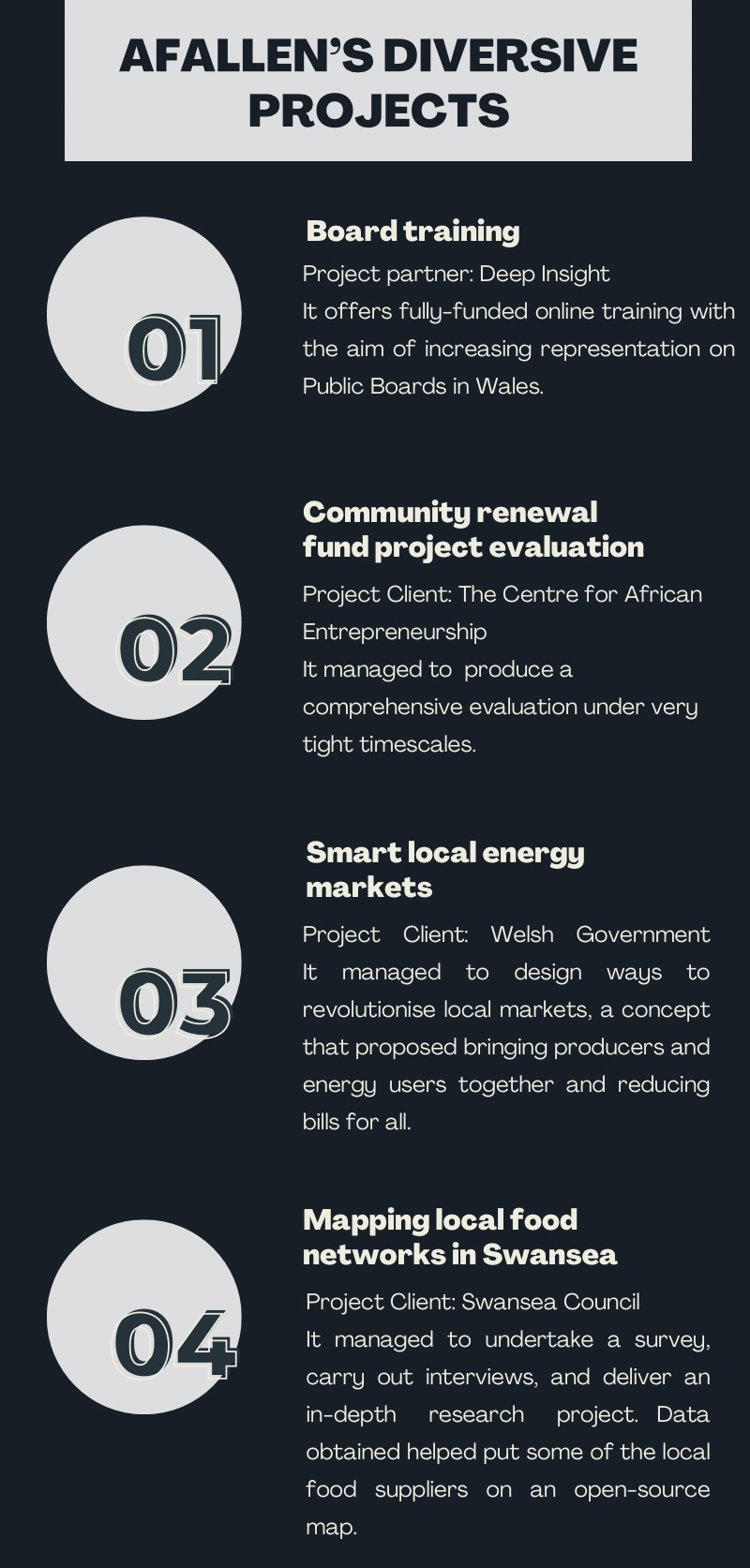As wildlife faces global threats and funding cuts, a Cardiff charity is working to protect Wales’ habitats and communities, making sustainability a priority today for a better tomorrow.

With the Labour government’s recent U-turn on green spending, the need to protect Wales’ natural habitats has become even more urgent. Against a backdrop of funding uncertainty, Afallen, a Cardiff-based organisation concentrating on long-term environmental sustainability, is now playing a key role in protecting the ecosystem of the Severn Estuary, particularly its migratory birds.
One of Afallen’s ongoing project is funded by Natural England and in partnership with the Severn Estuary Partnership. This project will help provide evidence for a strategic solution to recreational disturbance in Severn Estuary. A survey completed at the end of last year is beginning to inform Natural England’s strategy to educate visitors, reduce wildlife disturbance during sensitive seasons and consider further research to harmoniously accommodate a range of recreational activities.
The project is led by David Clubb, a main lead partner at Afallen. “We are very careful about our own environmental impact, and we report on our carbon impact on an annual basis in order to maintain our environmental accreditation.” he said. “This careful selection ensures Afallen’s work not only enriches Wales today but secures its tomorrow.”
As an important habitat for migratory birds, marine life, as well as a popular spot for outdoor activities in Wale, the Severn Estuary is under increasing pressure. The project is also an important step towards protecting biodiversity and migratory species that pass through areas around Severn Estuary, especially as a new UN report reveals a wildlife crisis, with one in five migratory species facing extinction, largely caused by human activity.
As government support for environmental projects declines, Afallen’s commitment to sustainable development in Wales provides a vital counterpoint, showing the power of local actions in keeping green initiatives alive and thriving.

Afallen’s mission is simple yet profound: make Wales thrive sustainably. “By choosing projects that can genuinely benefit from our ‘Future Generations’ approach, we ensure that our impact goes beyond just the here and now, ” said Clubb.
Through strategic investments and initiatives, the company is also working with other organisations to develop business plans, branding and marketing strategies to transform the Welsh landscape into a model of economic growth and cultural enrichment.
They aim for their projects to provide both Afallen and the client with tangible benefits, in the environmental, social and economic fields. Before the Covid-19, Afallen and Cardiff Council teamed up to bring the National Park City idea to life, focusing on including diverse community voices in the planning.
They organized a workshop that welcomed groups often left out of environmental conversations, such as ethnic minorities and disabled people. By gathering a mix of community engagement experts, specialists, and academics, Afallen ensured the campaign would benefit everyone in Cardiff, showcasing the impact of inclusivity on projects.
“Cardiff Council commissioned Afallen to support with the facilitation of a stakeholder engagement event and development of governance arrangements for a national park city movement in Cardiff. David Clubb demonstrated insight and a clear understanding of our needs as a client and delivered creative arrangements that enabled us to achieve our aims and objectives,” said Jon Maidment, the head of parks and Cardiff harbour authority.
“More than 95% of our spend remains in Wales. However, we aim to provide considerable value above and beyond just our own spend,” Clubb said.

Although the company was found shortly before the pandemic hit, it remained profitable during this period, even when one of their staff had to be furloughed in order to look after children.
They have supported two student placements and an apprentice since the company started. Beyond that, they employ a graduate consultant and work on a wide range of projects, many of which have local economic development as a specific target. Clubb said: “We are very mindful of the Welsh Government’s socio-economic duty, and we aim for our work to support the poorest in society.”
The difficulty with policy lies in implementation. Although public sector bodies are required to report on their progress towards sustainable development and well being goals, there are undoubtedly many challenges in making this assessment, not least because the value of culture and nature is so difficult to quantify, according to Clubb.
As a partner at Afallen, Clubb said: “We invest 10% of our annual profits into local community projects in Wales. We aim to build up a long-term ‘wealth fund’ that will enable Afallen to contribute more to Wales’ economy in the long term, investing in community projects, and providing a modest return to the company to de-risk future activity. We would like to grow the company further to spread the socio-economic and environmental benefits of our work to a wider cohort of organisations.”
“We aim to continue delivering amazing projects for Wales, to continue keeping skills and wealth within Wales, and to help Wales become a more sustainable place,” he said.
